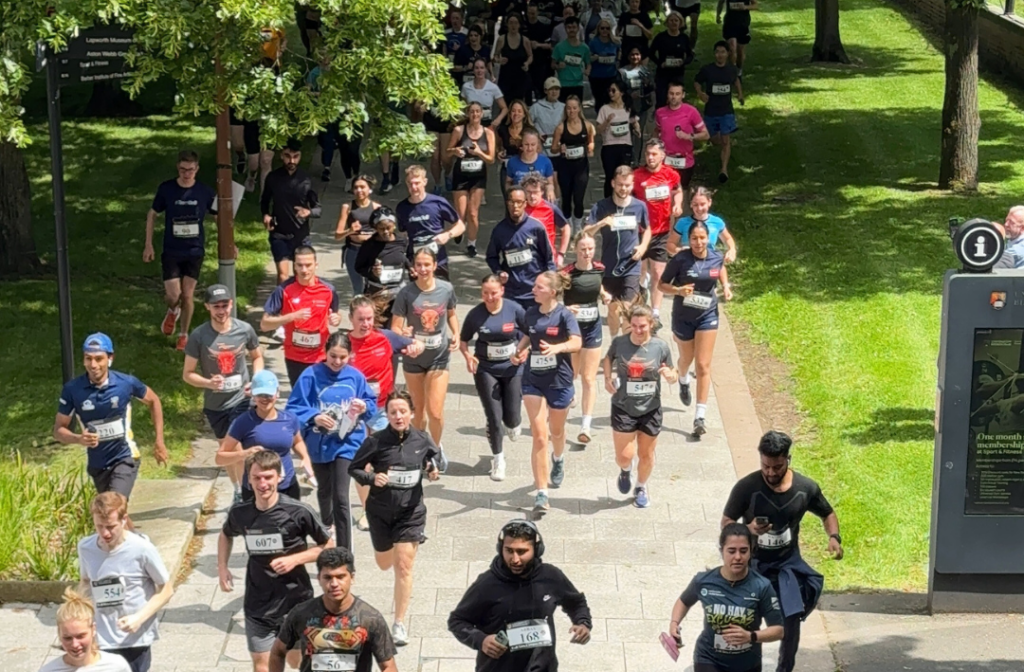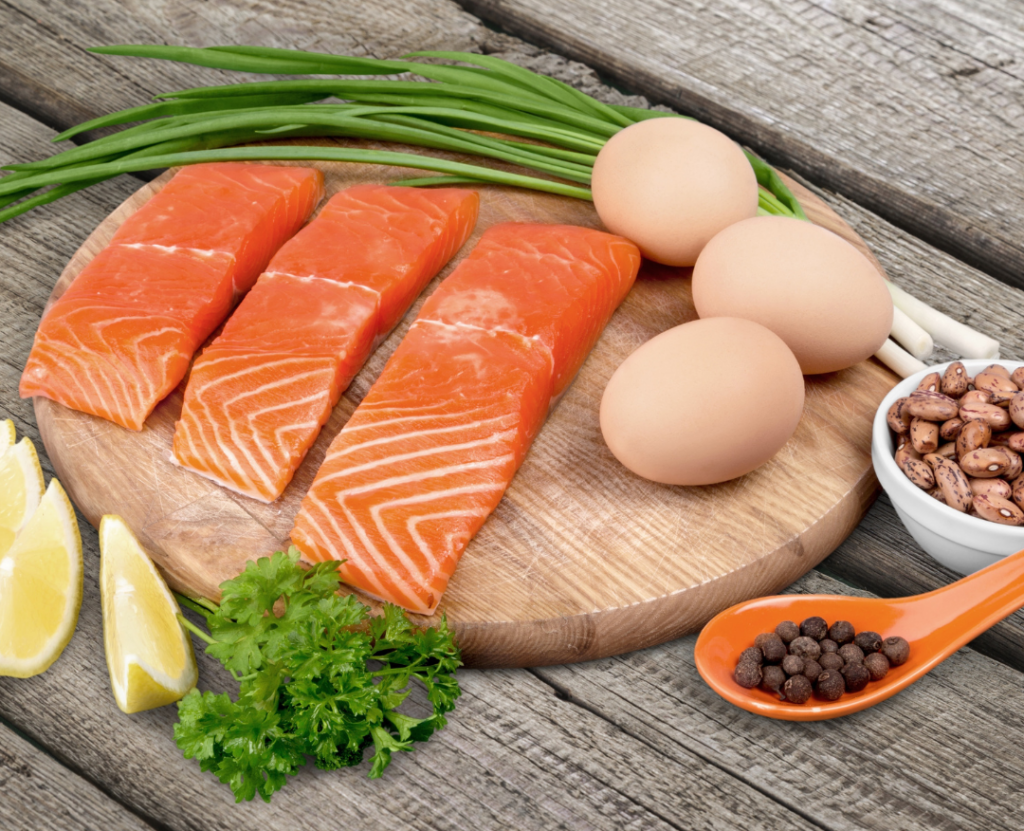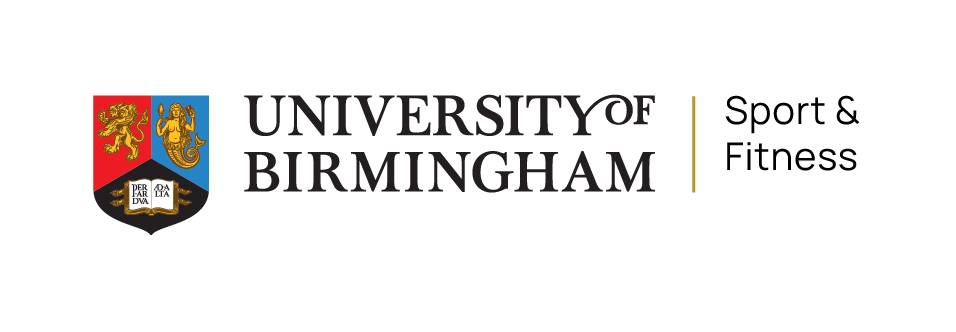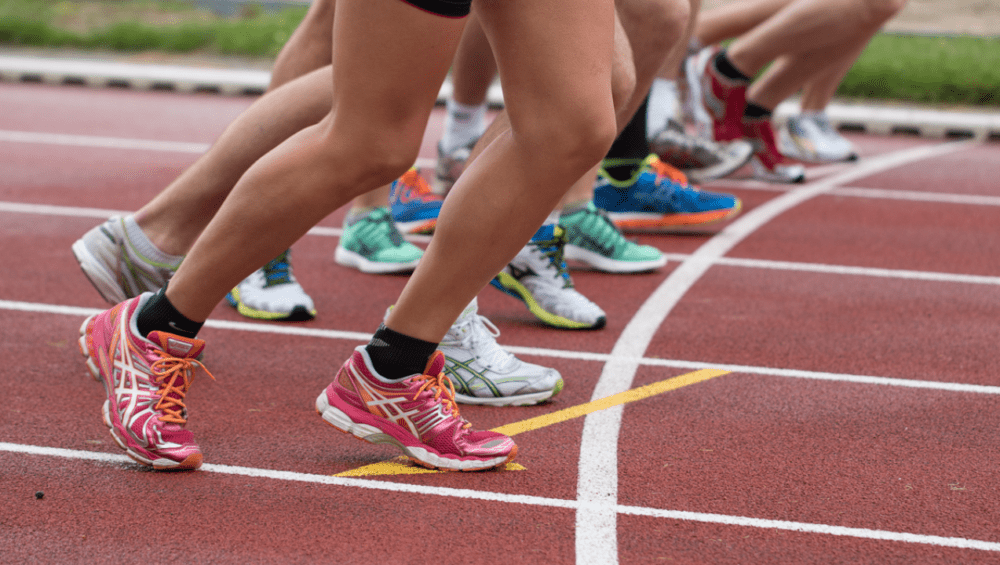Optimise your run
Whether it’s a 5km, 10km, half-marathon, marathon or ultra, everyone seems to be training for a race or running in some capacity!
Whilst your overall nutrition (daily intakes) and fuelling and refuelling (the nutrition you take on before, during and after running) will vary considerably depending on the distance you are running and your training volume, there are a few general principles we can apply across the board to support all runners.
*High-protein diets are generally safe for most as long as you are not compromising intakes of other nutrients (such as fats, carbs and micronutrients). If you are unsure, please check with your GP first.

Nutrition tips for running
- In the 1-4 hours before a run, athletes should prioritise good sources of carbs to fuel them. Particularly within the 1-2 hours pre-run, snacks and meals should be high-carb, low-fibre, and low-fat to make them easy to digest and prevent an upset stomach. A good example would be a white bagel topped with banana and jam.
- For runs longer than 60 mins, it is recommended to have some carbs during exercise. Generally, 30 grams of carbs per hour is recommended for exercise lasting 1-2 hours, 60g for exercise lasting 2-3 hours, and even up to 90g for exercise lasting over 2.5 hours! Again, this carb source should be low-fibre, low-fat and easy to digest. Good examples include energy gels, chews, sweets, and sports drinks. *If you have never taken on carbs/food during a run before then start small (e.g., one gel = ~24g carbs) and build up from there – your gut needs training, just as you do!
- To refuel and recover, aim to get a source of carbs and protein within 30-60mins post-run. A good example is Greek yoghurt with granola, mango, berries and honey. **The exact amount of carbs/food required pre- and post-run is dependent on the individual, duration of the run, etc. I recommend working with a SENR registered Sports Nutritionist if you want personalised recommendations.
- Don’t forget to stay hydrated/rehydrate throughout – see my previous blog post on hydration!
- Keep an eye out for signs of undereating for the training you are doing (see below). Prioritising rest, fuelling/refuelling and eating a little more overall may rectify these symptoms but if not, please seek the help of a SENR Registered Sports Nutritionist or your GP.

Why is my nutrition important?
Eating enough for the training you are doing is important for maintaining good health, adapting to training (getting fitter and faster), and preventing illness, injury and fatigue.
Good hydration, fuelling and refuelling strategies will also benefit your performance, reduce the risk of an upset stomach when running, and support recovery and adaptation so you can continue to progress in your training.
Signs you might be under eating
- Weight loss
- Fatigue (that is more than expected given training volume)
- Periods becoming irregular or absent in females
- Low libido in males
- Reoccurring injury or illness
- Feeling cold often

UoB Performance Nutrition lead Rachel’s Instagram channel: @rcperformancenutrition





